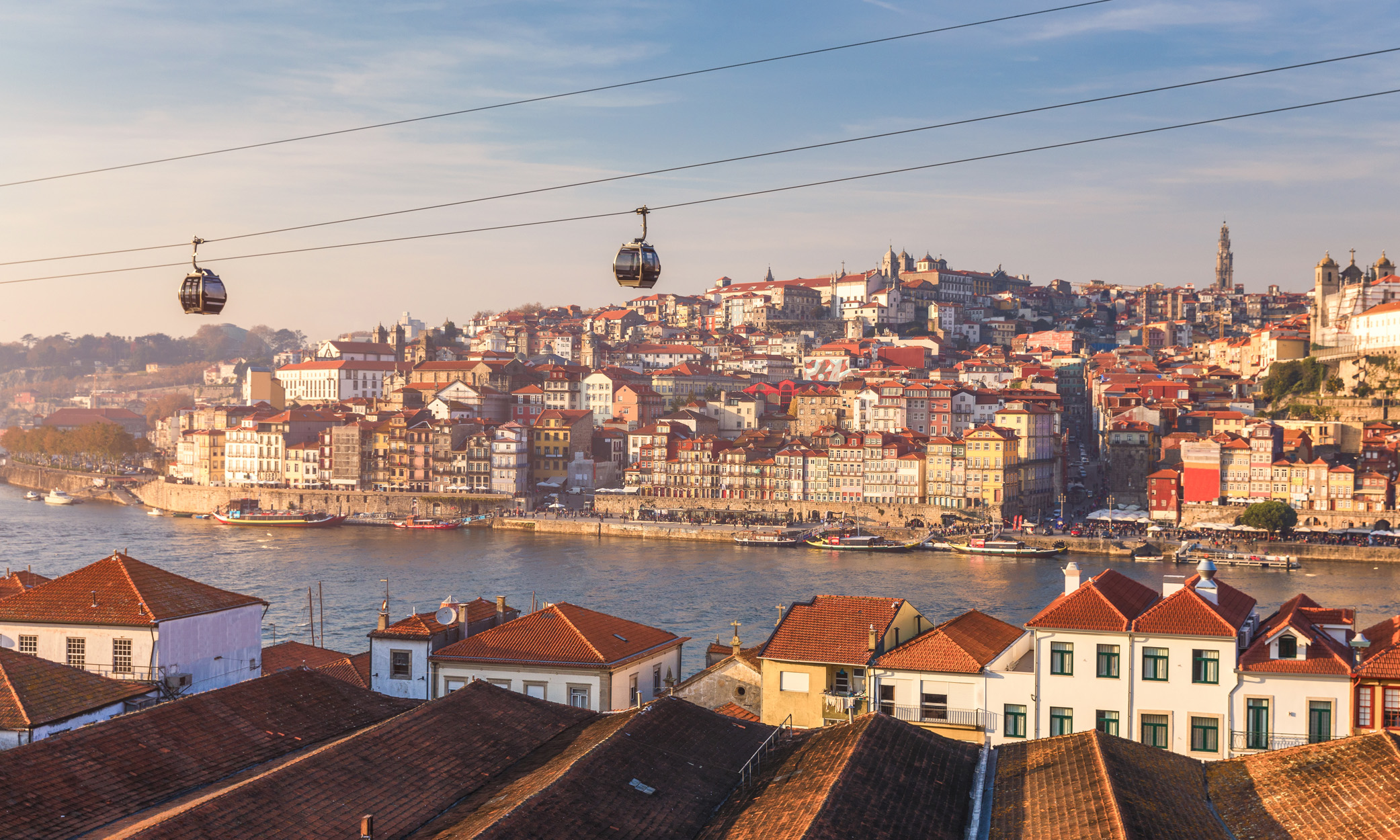Jump to other articles:
Portugal Economic Growth Exceeds Euro Area Average

RIF Trust Covers the IMF’s Latest Portugal Country Report
David Regueiro is RIF Trust’s COO. He is also our Portuguese Residency by Investment specialist. This article about the latest Portugal economic growth follows our reassuring story about the continued availability of the Portugal Golden Visa in 2024.
“Whatever you do in your life, whatever new venture you undertake; it’s always best to listen to the voice of experience,” he points out. “There are few higher economic authorities than the International Monetary Fund.”
“A Portuguese Golden Visa is an investment and the latest IMF data shows that it is a safe and secure one.”
Regueiro recaps: “In the short term, you’ll apply for the Portuguese Golden Visa. Yet its benefits extend into the long term. They include visa-free access to the 29 countries that make up the Schengen area and eligibility for the much-coveted Portuguese passport 5 years after your residency application submission date for both you and your family.”
The Latest on Portugal Economic Growth
On Wednesday, 2 October 2024, the IMF released IMF Country Report No. 24/308. As part of the IMF’s Articles of Agreement, the IMF schedules typically annual bilateral talks with its member. They include Portugal and the IMF’s 2024 Article IV consultation with the country.
The subsequent IMF Staff Report involves meticulous preparation. After the conclusion of the bilateral dialogue on Friday, June 28, 2024 , a staff member produces a document to present before the Executive Board consideration on Wednesday September 25, 2024. The talks focus, naturally enough, on economic matters and the IMF staff member files the report on Friday, September 6, 2024.
A press release accompanies the IMF Country Report No. 24/308. This encapsulates the report, summarizing the salient points. It begins as follows: “Portugal recovered strongly from the successive shocks that hit the global economy since the pandemic.”
Looking back to last year, the staff member moves on to Portugal economic growth in that period: “Growth in 2023 continued to exceed the euro area average, driven by strong private consumption, net exports, and investment supported by EU funds. It ends on an optimistic note: “Growth is projected to remain robust in the near term, and inflation is projected to decelerate further.”
The start of the Staff Report proper contains more of the same positivity. We learn that Portugal’s “fiscal position improved substantially, achieving a large surplus in 2023 and an impressive public debt reduction by 36 percentage points of GDP since 2020 to 99 percent of GDP.” Next comes a key sentence: “Financial stability indicators improved, reflecting a reduction in systemic risks.”
![]()
The Portuguese Economy 2019-2023
The IMF staff member put the preceding 5 years of Portuguese economic history through the microscope. This detailed research reveals 5.9% Portugal economy growth. Portugal’s economy is expanding faster than before Covid.
Compared to the Euro area (EA), Portugal’s fiscal situation is measurably better. The Euro zone’s economy increased by 3.3 percent. IMF attribute Portugal’s stronger showing to factors including greater consumption and a reliable stream of tourists.
Homing in on the final year of the period, the report notes a 1.2% surplus of GDP in 2023. This again compares favourably to the EA average of -3.4%. Portugal economy growth is evident by looking at 2022’s domestic fiscal balance figure of -0.3% of GDP in 2022.
Externally speaking, Portugal’s position also rose between 2022 and 2023. From -1.1% of GDP, it increased to a 1.4% of GDP surplus. Again, this relates to one of the country’s biggest imports: tourism.
Portuguese banks have also been registering plenty of success. In the first quarter of 2024, the return on assets (ROA) swelled to 1.4%. This is exactly double from the situation in the fourth quarter of 2022.
What is the Future For Portugal From an Economic Perspective?
The IMF staff member looks into their financial ball of crystal. While they expect Portugal economic growth to decelerate in 2024, this year’s rate remains competitive at 1.9% . The IMF forecast this to strengthen to 2.3% in 2025.
Portugal is assured a surplus for the foreseeable future. Yet the staff member predicts this to lessen in the medium term. Still, in 2024, it shows no signs of deterioration, advancing to 2% of GDP.
Reflecting the two-way nature of the report, the IMF staff member magnanimously shares the rather different projections of the Portuguese government. This relates to medium-term Portugal economic growth. Higher wages “reflected an improved skill mix and will be beneficial for retaining skills in the economy.”
The report is illustrated with various colourful charts and graphs. This catch the eye and do an excellent job of mapping the fiscal picture in Portugal. We are reminded that “growth in 2023 has been stronger than in most other EA peers with tourism and other service sectors contributing
the most.”
Additionally, “economic sentiment has been improving and households’ financial situation has been recovering.” Furthermore, “both headline and core Inflations (sic) are receding fast despite their temporary recent pickup in May 2024, while expectations of future inflation have declined.”
The labour market is in a development stage that has witnessed a spike in working hours. The flourishing services sector has had a knock-on effect on the number of hires. It’s simple maths, with the more services required; the greater demand for the recruitment of new employees.
Figure 4 illustrates Portugal’s External Sector. And so we discover that 2023’s current account recorded a surplus, mirroring a standardization of the pricing of commodities. What’s more, “the financial account recorded a surplus…and the net international investment position continued to strengthen.”
References include American Economic Journal articles. There are also economic bulletins from the Banco de Portugal. In addition, the author of the report draws on previous Portuguese Article IV Consultation Staff Reports.

How to Invest in Portuguese Residency in 2024
The recent past and future confidence suggest that Portugal economic growth will continue. This makes now the perfect time for you to enter into discussions with a Portuguese Residency by Investment specialist like RIF Trust to accelerate your progress to a mutually beneficial Portuguese Golden Visa.
So, contact us now and we’ll show you how you and your family can circumvent issues faced by Third Country Nationals due to their lack of EU citizenship which you become eligible for a mere 5 years after applying to this Residency by Investment Programme.
 Back to News
Back to News